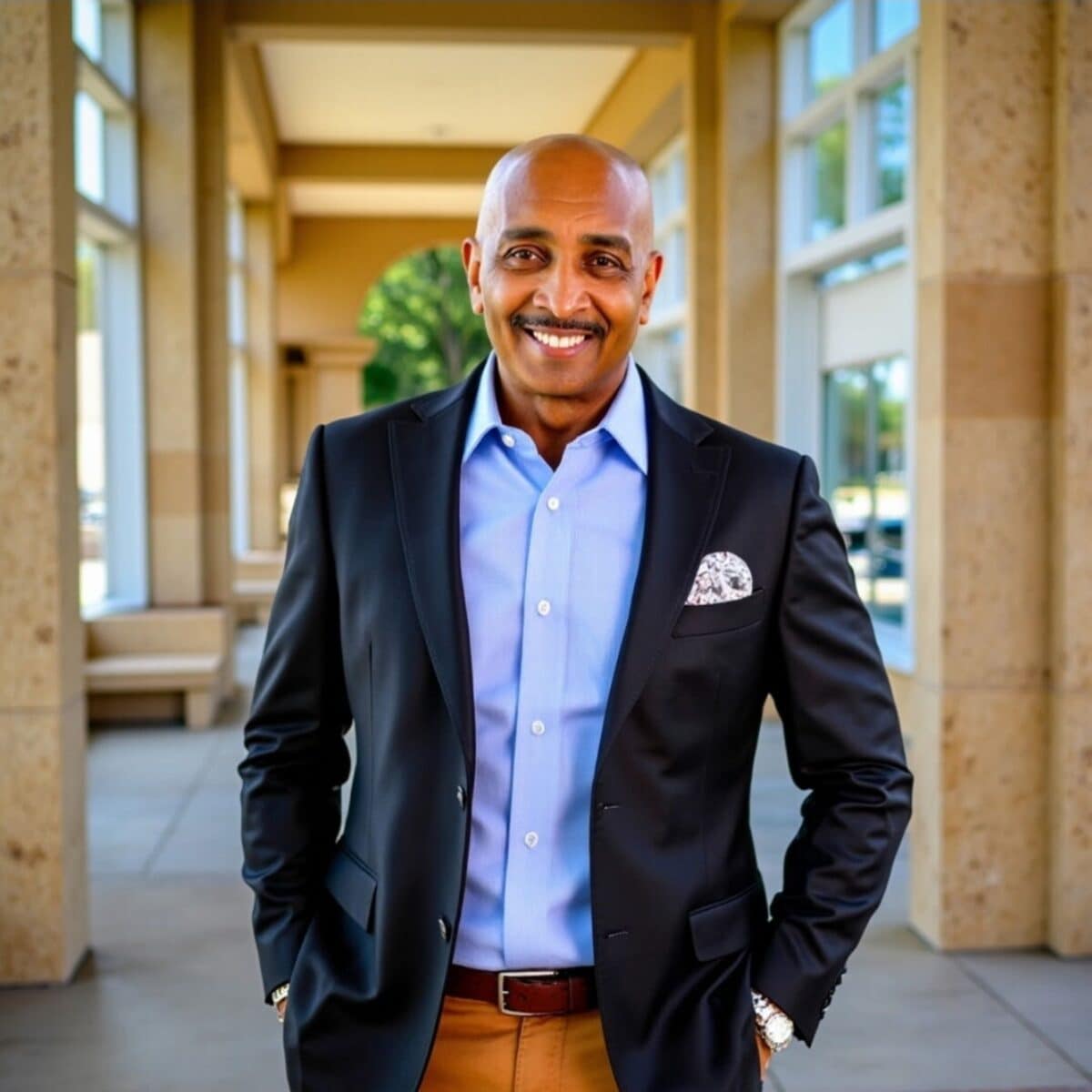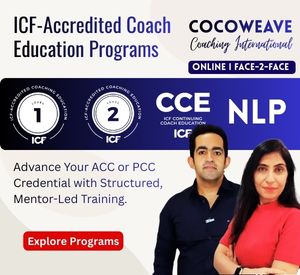This post comes from Dr. D. Ivan Young, an ICF Business Solutions Partner who offers ICF members discounts or special pricing on goods and services as part of their ICF membership benefits.
In coaching, relationships are everything. Not just the ones we cultivate with our clients, but also the relationships we nurture with colleagues, institutional partners, communities, and — most critically — ourselves. Behind every successful coach is a constellation of professional connections that either amplify or diminish their capacity to serve. The real question isn’t just about connection — it’s about alignment: “Are my relationships honoring my values and boundaries, or are they compromising them?”
This article explores how mutual respect, relational clarity, and healthy boundaries create a foundation for sustainable, high-integrity coaching relationships that foster growth for everyone involved.
The Cost of Being Over-Available
Coaches who serve from a place of excellence often find themselves overextended — not by the coaching itself, but by relational dynamics that blur boundaries. Some of the most common challenges include:
- Clients who rely on their coach outside of agreed-upon parameters.
- Peers who solicit mentorship without reciprocation.
- Institutional partners who prioritize optics over ethics.
What starts as generosity can quickly become emotional exhaustion. And for coaches who are empathic or purpose-driven, it’s easy to confuse availability with service.
The deeper issue? Many of us have internalized narratives that equate self-sacrifice with value. But coaching rooted in depletion isn’t sustainable — and it certainly isn’t ethical.
What Respect Actually Looks Like in Professional Coaching Relationships
Respect in a coaching context isn’t about deference or hierarchy — it’s about co-created clarity. It manifests as:
- Honored Agreements: Session times, confidentiality, payment structures, and availability are clearly defined and upheld.
- Energetic Reciprocity: There’s an authentic exchange of energy and acknowledgment, even in asymmetrical roles.
- Emotional Accountability: Each person owns their reactions and communicates with honesty, not passive aggression.
Self-respect, especially for coaches, becomes the model that teaches others how to engage with us. When we hold our own boundaries with grace, we give others permission to do the same.
Boundaries Aren’t Walls — They’re Pathways to Authentic Connection
Boundaries often get mischaracterized as rigid or impersonal. In reality, boundaries are compassionate guidelines that safeguard our energy and clarify our role. In coaching, healthy boundaries may include:
- Explicit scope-of-practice agreements.
- Clear limits around session length and post-session contact.
- Thoughtful timeframes for decision-making and program entry.
The ICF Code of Ethics supports boundary-setting as a necessary condition for psychological safety and effective partnership. Boundaries, when communicated clearly and consistently, don’t limit connection — they deepen it by establishing trust and mutual respect.
Mutuality: Moving Beyond Transactional Coaching
At their best, professional coaching relationships are not transactional — they’re transformational. Mutuality is the shared investment in growth, truth, and evolution on both sides. It is evidenced by:
- Respectful two-way communication.
- Recognition of natural relationship cycles.
- Willingness to end, pause, or redefine a relationship when its purpose is complete.
Mutuality honors both the coach and the client — not just as roles, but as whole humans. And when that same standard is applied to partnerships and collaborations, coaches become more discerning in how they give their time, attention, and energy.
Reflective Practices for Stronger Professional Relationships
If you find yourself navigating complex or draining dynamics in your coaching relationships, these practices can help realign you:
- Relationship Energy Map: List your professional relationships and rate how each one impacts your energy — positively, negatively, or neutrally.
- Boundary Check-In: Ask yourself: “Where have I allowed my boundaries to be blurred out of fear, guilt, or habit?”
- Values Audit: Identify the top three values that define your coaching philosophy. Do your key partnerships reflect or conflict with them?
- Supervision and Peer Dialogue: Engage in honest discussions with trusted colleagues to explore relational blind spots and develop new strategies.
Who You Partner With Shapes Who You Become
As coaches, we model the very transformation we invite others into. And part of that modeling includes being accountable for the relationships we allow into our professional orbit.
When we normalize respect, practice mutuality, and protect our boundaries, we elevate not only the quality of our coaching but also the quality of our lives.
Ultimately, every relationship we choose reflects our standards. Let those standards be rooted in courage, clarity, and compassion.
References:
- Brown, B. (2018). Dare to Lead: Brave Work. Tough Conversations. Whole Hearts. Random House.
- ICF Code of Ethics and Core Competencies. International Coaching Federation. (2021).
Note: This article is part of an ongoing series exploring the foundational elements of emotionally intelligent, ethical, and sustainable coaching practice.
Dr. D. Ivan Young grants ICF shared copyright for this content
Disclaimer
The views and opinions expressed in guest posts featured on this blog are those of the author and do not necessarily reflect the opinions and views of the International Coach Federation (ICF). The publication of a guest post on the ICF Blog does not equate to an ICF endorsement or guarantee of the products or services provided by the author.
Additionally, for the purpose of full disclosure and as a disclaimer of liability, this content was possibly generated using the assistance of an AI program. Its contents, either in whole or in part, have been reviewed and revised by a human. Nevertheless, the reader/user is responsible for verifying the information presented and should not rely upon this article or post as providing any specific professional advice or counsel. Its contents are provided “as is,” and ICF makes no representations or warranties as to its accuracy or completeness and to the fullest extent permitted by applicable law specifically disclaims any and all liability for any damages or injuries resulting from use of or reliance thereupon.
Authors
Post Type
Blog
Audience Type
Experienced Coaches, External Coaches, New Coaches, Professional Coaches
Topic
Discover - Your Coaching Career
Related Posts
The Power of Active Listening in Meaningful Coaching: Why Active Listening is the Most Essential Coaching Competency
Of all the foundational coaching competencies identified by the International Coaching Federation…
Allyship in Action: Coaching as a Catalyst for Change
Allyship is often framed as a value or an intention. In practice,…
Grace Under Fire: Building Stress Resilience for Coaches and High Achievers
There’s a unique kind of pressure that lives at the intersection of…







